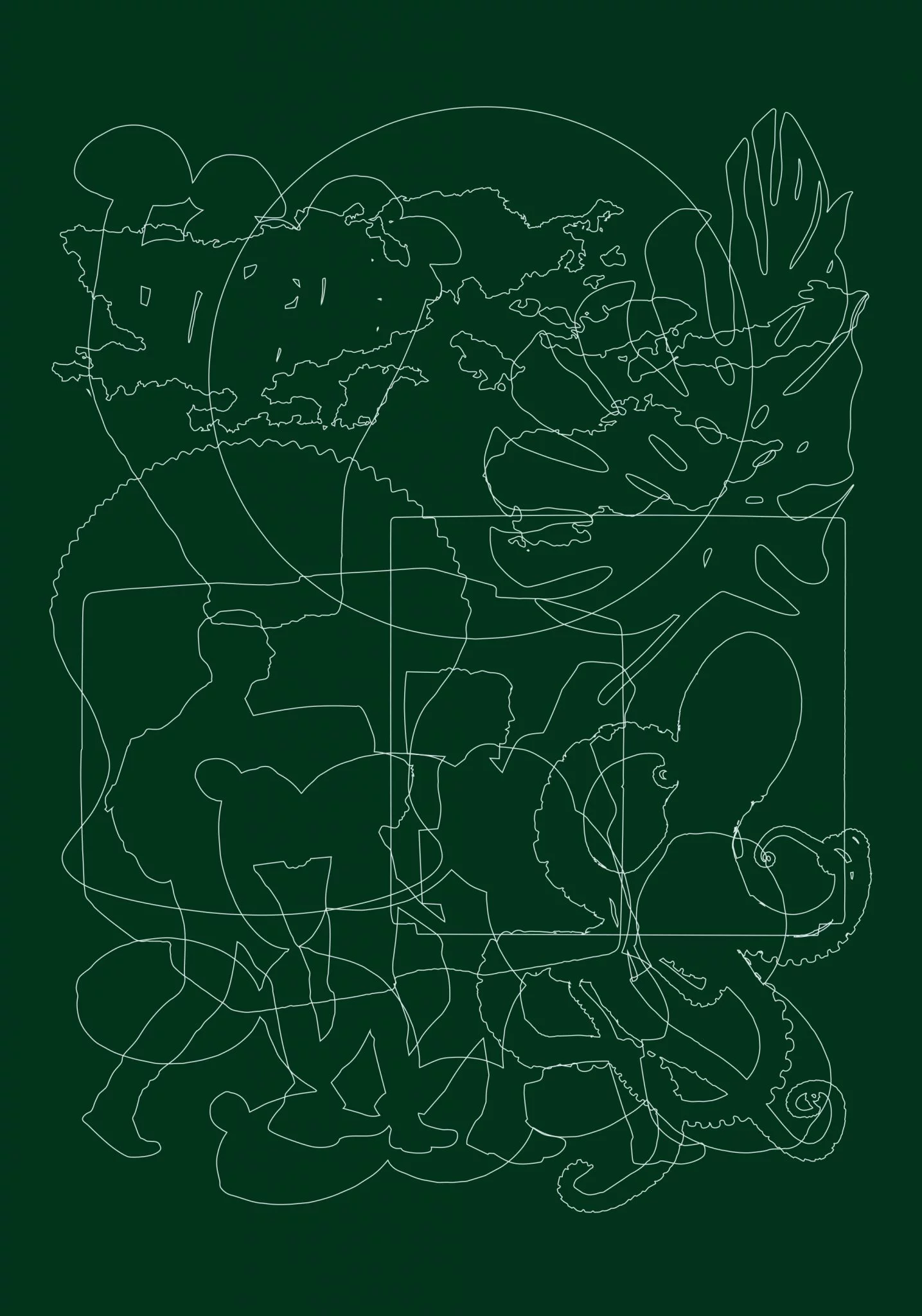The current age called Anthropocene by many scientists is addressing the emerging realities of a post-nature world such as climate change and environmental crisis. Once the stuff of sci-fi movies, the apocalypse of global extinction has made its way into our life—including our daily meals and fine particulate matter we inhale during our commutes to work— and redefines it. Constantly growing mountains of garbage, oceans polluted by plastics and radioactive materials, and aggravating desertification are now part of our environment and everyday scenes. Humans, who are placed at the top of the hierarchy of earth inhabitants, obtain information only from capitalized platforms, live only space and time confined by media, and consume only senses given to them. They keep on using an earth instruction manual saying that you can bury everything underground just for the sustainability of humankind.
The exhibition Ecological Sense begins with these questions: then, is it reasonable to trust them, this top predator with highly biased sensibilities, with the future of the earth? And what is the ecological prospect that they ought to have for the survival of all living organisms on the planet including themselves? The participating artists are wary of the undeserved status of human beings in charge of manipulating the earth system, earnestly hoping to find them a new ecological position, or niche, in relationships with other earth inhabitants. The exhibition’s spatial design reflects the process of ‘succession’ which means gradual ecological changes occurring in interaction with numerous living and non-living things, ranging from garden plants and insects, mushrooms and microorganisms deep in forests, octopuses in the sea, and salamanders, to minerals, a long time old friend of human technology. The ‘ecological literacy’ for this kind of change comprises elements of eco-friendly sensibility which modern individuals should recover, staying away from increasingly being absorbed in information transfer and technological accumulation in the segmented society and beginning to consider the whole global environment. Like the philosopher who said he would plant an apple tree if he knew the world would end tomorrow, we hope viewers will be able to turn around the corner of catastrophe and apocalypse and be connected to new other inhabitants on this planet, inspired by the energy of communication.





